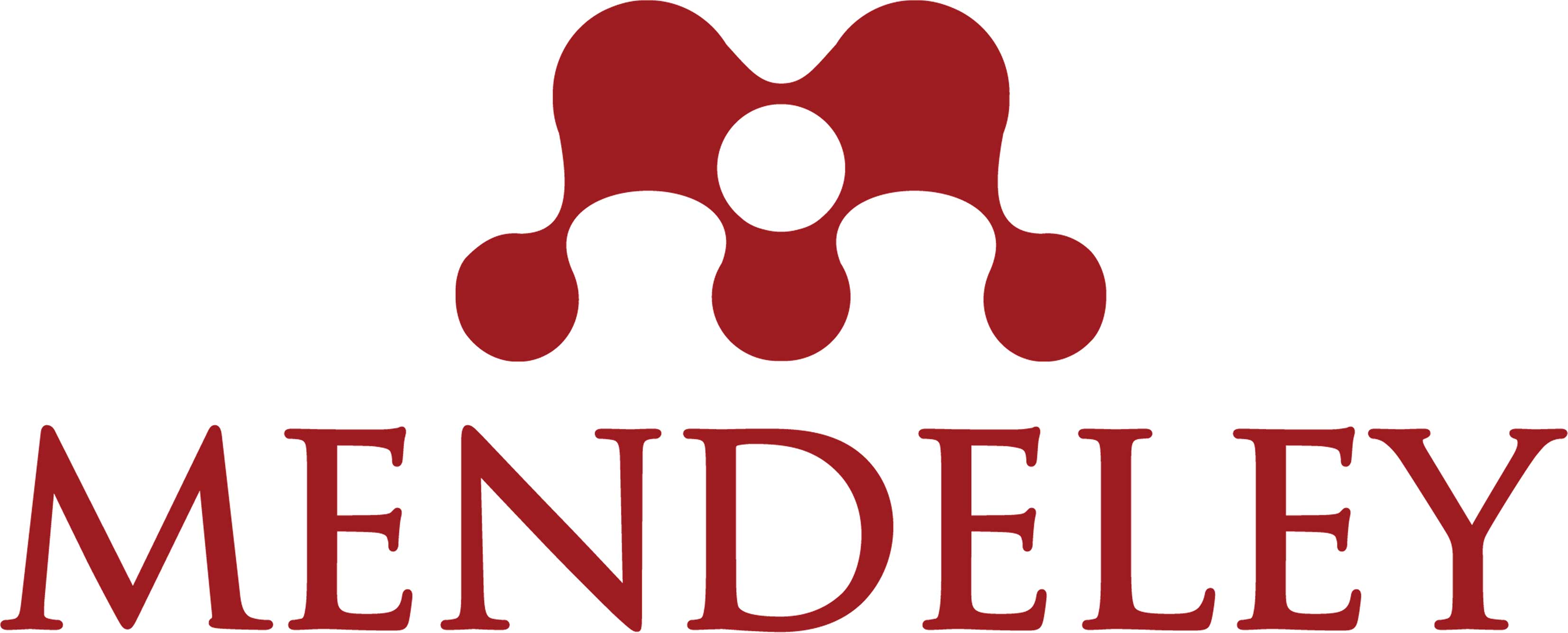The Correlation Between Student Participation and Student Motivation Toward Student English Achievement at Senior High School
DOI:
https://doi.org/10.17977/um064v4i62024p604-614Keywords:
Student's Participation, Student's Motivation, Student's English AchievementAbstract
Student participation and student motivation are pivotal efforts to optimize student learning outcomes, particularly in English achievement. This research aimed to ascertain the correlation between student participation (X1) and student motivation (X2) with English achievement (Y) among the twelfth science 3 graders of SMA Negeri 4 Malang. Employing a quantitative approach with a correlational research design, the study quantitatively describes the extent to which these variables are related. The subjects of this research comprised 32 students. Data collection was conducted using a questionnaire and student achievement documentation. The data analysis utilized the Azwar 2012 formula and the SPSS 23 version software. The results indicated that the F achievement value was 3.470, while the F table value at n=29 with a significance error of 0.05 was 3.33. This finding suggests that the F achievement value is higher than the F table value (F achievement > F table), leading to the rejection of the null hypothesis (Ho) and the acceptance of the alternative hypothesis (Ha). Thus, the research concludes that student participation and motivation significantly contribute to improving students' English achievement. Furthermore, this study highlights the importance of fostering an engaging and motivating classroom environment to enhance students' language skills. Active student participation not only reflects their interest in the subject matter but also encourages a more dynamic and interactive learning process. Similarly, motivation serves as a driving force that propels students to strive for better performance and achievement. By understanding and leveraging these factors, educators can implement strategies that better support students' academic growth and proficiency in English. This research provides valuable insights for educational practitioners aiming to improve English learning outcomes through targeted interventions that boost student engagement and motivation.
References
Agustina, M., & Kurniawan, D., (2020). Motivasi belajar mahasiswa di masa pandemi COVID-19. Jurnal Psikologi Perseptual. 5.120.10.24176/perseptual,v5i2.5168.
Azwar, S. (2012). Penyusunan skala psikologi edisi 2. Yogyakarta: Pustaka Pelajar.
Chanté Johannes, Roman, N. V., Onagbiye, S. O., Titus, S., & Leach, L. L. (2024). Relationship between psychosocial factors and physical activity among undergraduate students from a south african university. International Journal of Environmental Research and Public Health, 21(4), 441. doi:https://doi.org/10.3390/ijerph21040441
Dwinalida, K., & Setiaji, S. (2022). Students’ motivation and English learning achievement in senior high school students. Educalitra: English Education, Linguistics, and Literature Journal, 1(1), 1-9.
Dyah, A. (2012). Hubungan motivasi berprestasi dan kepercayaan diri dengan prestasi belajar siswa kelas olahraga SMP Negeri 4 Purbalingga. Sarjana’s Thesis. Universitas Negeri Yogyakarta: Yogyakarta.
Goni, R., Muntuuntu, M., & Sanger, M. (2021). The Correlation Between Students’interest and Academic Achievement in Learning English. Journal of English Culture, Language, Literature and Education, 9(1), 30-46.
Houwer, J. D., et.al. (2013). What is learning? On the nature and merits of a functional definition of learning. DOI: 10.3758/s13423-013-0386-3.
Jufrizan, A., Fernandez, D., Martias, & Hidayat, N. (2024). Analisis korelasi antara kondisi lingkungan sekolah dan motivasi belajar siswa di SMKN 1 Ranah Ampek Hulu Tapan. Journal MSI Transaction on Education 5 (1), 29-40.
Kompri. (2016). Motivasi pembelajaran perspektif guru dan siswa. Bandung: PT Remaja Rosdakarya.
McClelland, D. (1961). The achieving society. New York: D Van Nostrand Company, Inc.
Pardee, R. L. (1990). A literature review of selected theories dealing with job satisfaction and motivation. Educational Resources Information Center (ERIC): U.S.
Setiawan, M. (2015). Hubungan perhatian rang tua dan partisipasi aktif siswa terhadap prestasi belajar siswa kelas X kompetensi keahlian teknik audio video SMK N 2 Depok Sleman Tahun Ajaran 2014/2015. Sarjana’s Thesis. Universitas Negeri Yogyakarta: Yogyakarta.Slameto. (1998). Belajar dan faktor-faktor yang mempengaruhinya. Jakarta: Rineka Cipta.
Suh-Ting, L., Ying-Hua, H., & Meng-Hua, Y. (2023). The relationships among sport participation level, flow experience, perceived health status and depression level of college students. International Journal of Environmental Research and Public Health, 20(1), 251. doi:https://doi.org/10.3390/ijerph20010251
Sujarweni, W. (2014). Metodologi penelitian: lengkap, praktis, dan mudah dipahami. Yogyakarta: PT Pustaka Baru.
Sukardi, H. M. (2011). Evaluasi pendidikan prinsip dan operasionalnya. Jakarta: PT Bumi Aksara.
Syaveny, N., & Johari, I. (2019). Hubungan partisipasi kelas dan motivasi terhadap hasil belajar bahasa Inggris siswa SMA Negeri 12 Padang Kec. Nanggalo Sumatera Barat. E-ISSN 2621-3796. Journal L of Language Eeducation Development 2 (1), 206-207.
Umniah, F.(2018). Hubungan motivasi belajar dengan hasil belajar mata pelajaran Akidah Akhlak Siswa kelas XI Madrasah Aliyah Ma’arif 1 Punggur Tahun Pelajaran 2018/2019. Sarjana’s Thesis. Lampung Tengah: Institut Agama Islam Negeri (IAIN) Metro.
Usman, H., & Akbar, P. (2012). Pengantar statistika. Jakarta: PT Bumi Aksara.
Downloads
Published
How to Cite
Issue
Section
License
Copyright (c) 2024 Agithania Purmadhani, Siti Muniroh, Niamika El Khoiri

This work is licensed under a Creative Commons Attribution-ShareAlike 4.0 International License.




























